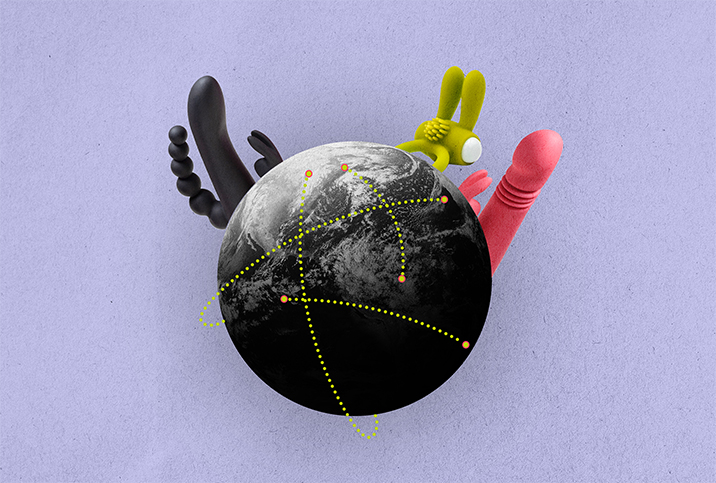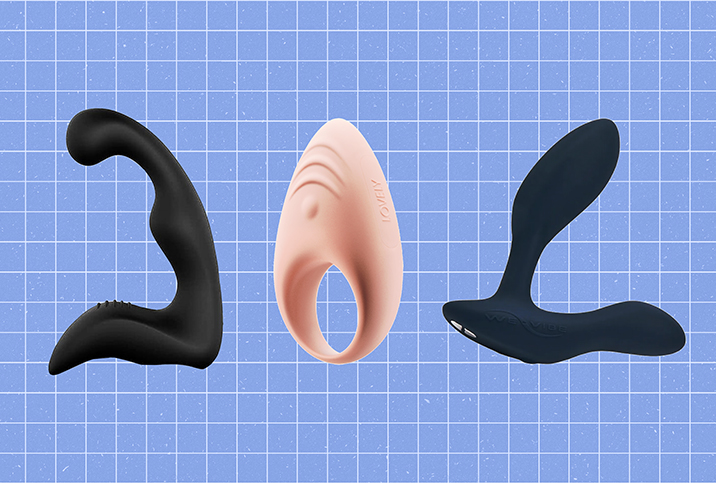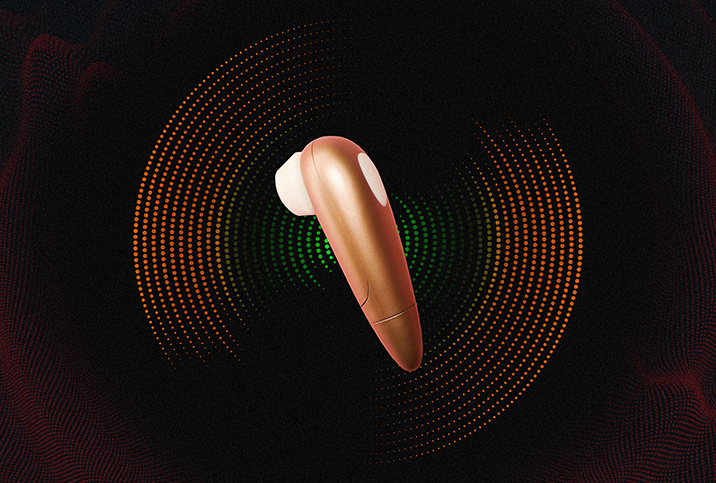What Does the Future of Sex and Sex Tech Look Like?

Bryony Cole is renowned as an expert on the intersection of sexuality and technology. Cole founded the Sextech School to bring together creators, entrepreneurs, investors and job seekers in a six-week online school. The goal is to exchange ideas, develop them into profitable business ventures and build a sex-positive community that expands the "sex tech" industry.
Cole and Maaike Steinebach, the founder of Femtech Future and a sex tech advisor at the Sextech School, spoke about this emerging industry during the featured session "The Future of Sex" at South by Southwest 2023 in Austin, Texas.
What is sex tech?
"The biggest way to think about sex tech is two big circles: sexuality and technology," Cole said. "Whenever I talk about sex tech and the future of sex everyone goes, 'You must be talking about f**king robots.'"
That's just part of it, she said. Sex tech is more vast than people imagine at first thought.
"Things like education, health, crime and violence reporting, human trafficking, the way we move in the world, medicine, identity—all these things fall in our sexuality bucket," Cole said. "Technology is a tool that allows us to do things. To go from A to B."
The oldest technology, stone dildos dating back 28,000 years, were recently found in a cave in Germany.
Sex tech encompasses robotics, artificial intelligence, virtual reality, apps and websites.
"It's hard to put a border around it," Cole said.
Sex tech is nothing new. The oldest technology, stone dildos dating back 28,000 years, were recently found in a cave in Germany.
Sex tech innovations
To illustrate what's emerged from the sex tech industry thus far, Steinebach revealed new innovations, and showed the audience the following products:
- Lorals is a brand of anti-STI underwear that serves as a dental dam.
- Ohnut is a flexible donut that goes over the penis to reduce a woman's pain during sex.
- The Dripstick is an after-sex medical-grade sponge for absorbing excess semen.
"What I love about sex tech is it feels like real invention," Cole explained. "There are so many people out there innovating around their sex lives because they have experienced a problem and they feel alone."
The biggest hurdle in the sex tech space is getting over the stigma and taboo, Steinebach said, adding that it's potentially a $60 billion industry. Statista, a provider of market and consumer data, estimates the sexual wellness industry is currently a $37.2 billion industry.
"If we don't just look at the challenges but focus on the amazing opportunities for companies and investors to invest in this space, you might wonder why there are not more people actually involved in it," Steinebach said.
More women are entering the industry because they're trying to create a safer and more inclusive experience for everyone, she said, and they're putting their focus on solving real problems.
Cole said she thinks men generally tend to have more trouble talking about sex and sex tech.
"Part of the way we mainstream sex tech is the conversations," she said. "I would love to see men that aren't talking about it a clinical way or a porno-fied way. People that we look to and say, 'I'm not alone.'"
The inevitable discussion: sex with robots
Cole said she often gets asked about the latest sex tech trends.
"What sort of future do we want? And what sort of sex life do we want? [Those are] more the questions I'm interested in," Cole said. "First, we need to be educated about our bodies."
As for sex with robots and AI, will that be healthy?
"I don't know," Cole said. "I don't think anyone knows. And I think it's a yes and a no. Some people are gonna love it, and some people are gonna say, 'That's not for me.'"
And if an individual is in a monogamous relationship, would sex with a robot be cheating?
"Who knows? I think that's something we're all going to figure out on our own individual values," Cole said.
To listen to the full conversation, click here.




















